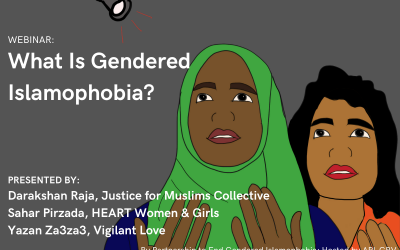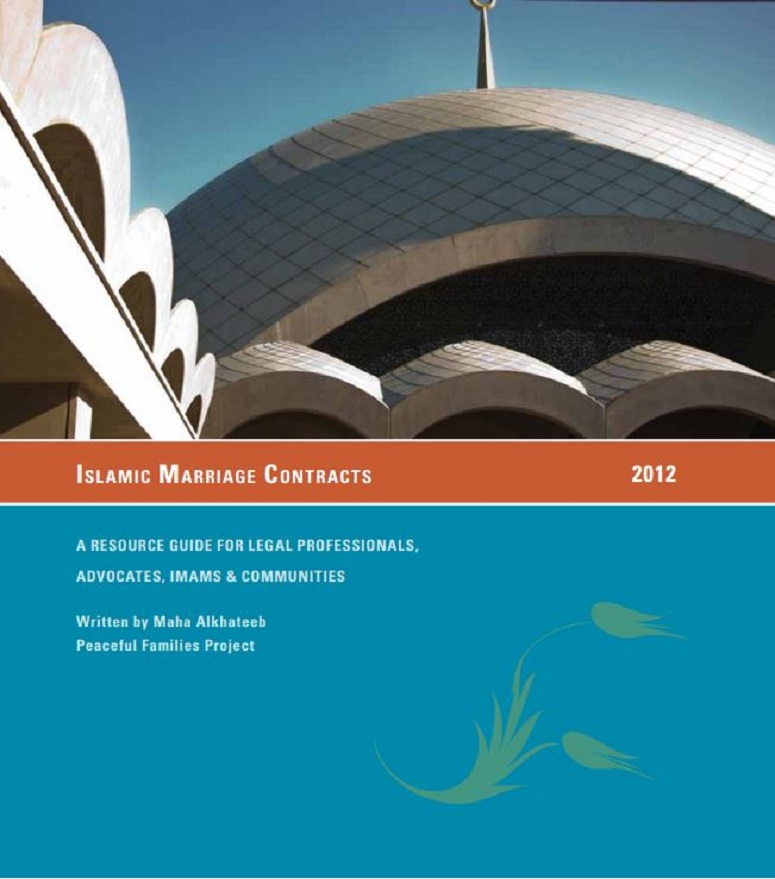This resource provides an overview of marriage and divorce among American Muslims for judges, lawyers, advocates, social service providers, imams, community leaders, and community members. The guide explores issues of Islamic and U.S. family laws as they relate to religious and cultural practices of American Muslim couples and families. There is a significant distinction between Islam as a faith and the varied cultures of individual Muslims, yet faith-based marital solemnization is a common practice, much the same as it is for most Americans. Most couples with Islamic marriage contracts intersect with the U.S. legal system when they register for a civil marriage license, and for some, in the event of divorce when they present the contract to an American court for enforcement. As it is at this intersection that potential issues and barriers may arise due to lack of understanding between the court and parties to the contract, this resource aims to smooth the process by bridging the informational gap. Through better understanding, legal practitioners can help to protect the civil rights of Muslims and all Americans, and Muslim communities can support couples by ensuring their marital rights are preserved.
Related Resources
What is Gendered Islamophobia? 2021
Building upon a history of shared values and intersecting work, the Partnership to End Gendered Islamophobia brings together HEART, Justice for Muslims Collective and Vigilant Love to build analysis, tools and power to dismantle Gendered Islamophobia. This workshop is specifically tailored towards practitioners in the field of gender-based violence and gender justice. We focus on ways practitioners can better understand how gendered Islamophobia shows up in their work, and ways to respond in holistic ways. The workshop includes a focus on the intersection of gendered Islamophobia, gender-based violence and reproductive justice. The workshop emphasizes the invisibility of state violence in understanding gender-based violence and particularly the implications of the War on Terror and Islamophobia for Muslim survivors of gender-based violence. Moreover, this workshop includes discussions upon intra-community solidarity and what can be done within broader Asian American spaces to address gendered Islamophobia.
Bibliography: Gender, Domestic Violence & Muslim Women
A collection of resources on domestic violence in Muslim communities, organized by author.
Bibliography: Muslim Women and Domestic Violence: Three Key Topics
Resources on domestic violence in Muslim communities; Islamic rights of women; and notions of gender, race, culture & identity for Muslim women.
Domestic Violence in Muslim Communities, 2011
A compilation of statistics on domestic violence, sexual violence, stalking, and help-seeking in Muslim communities.

